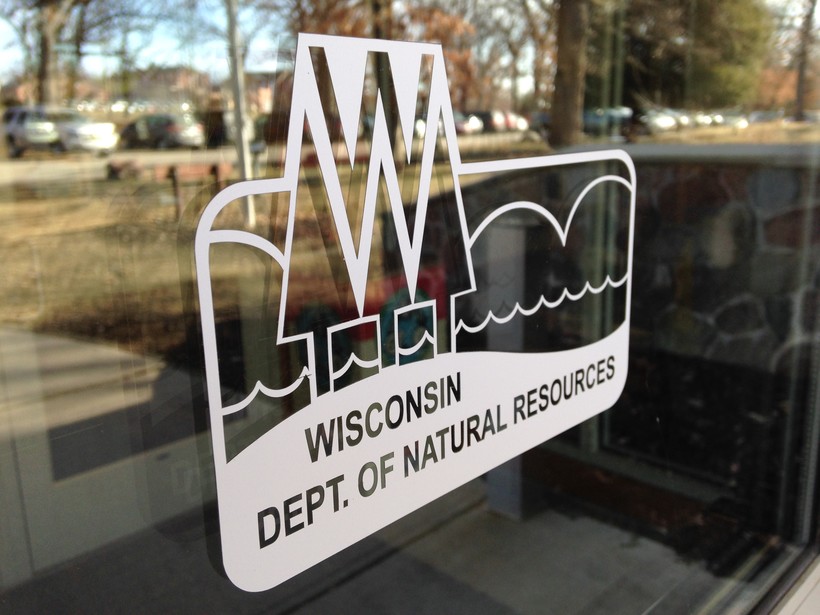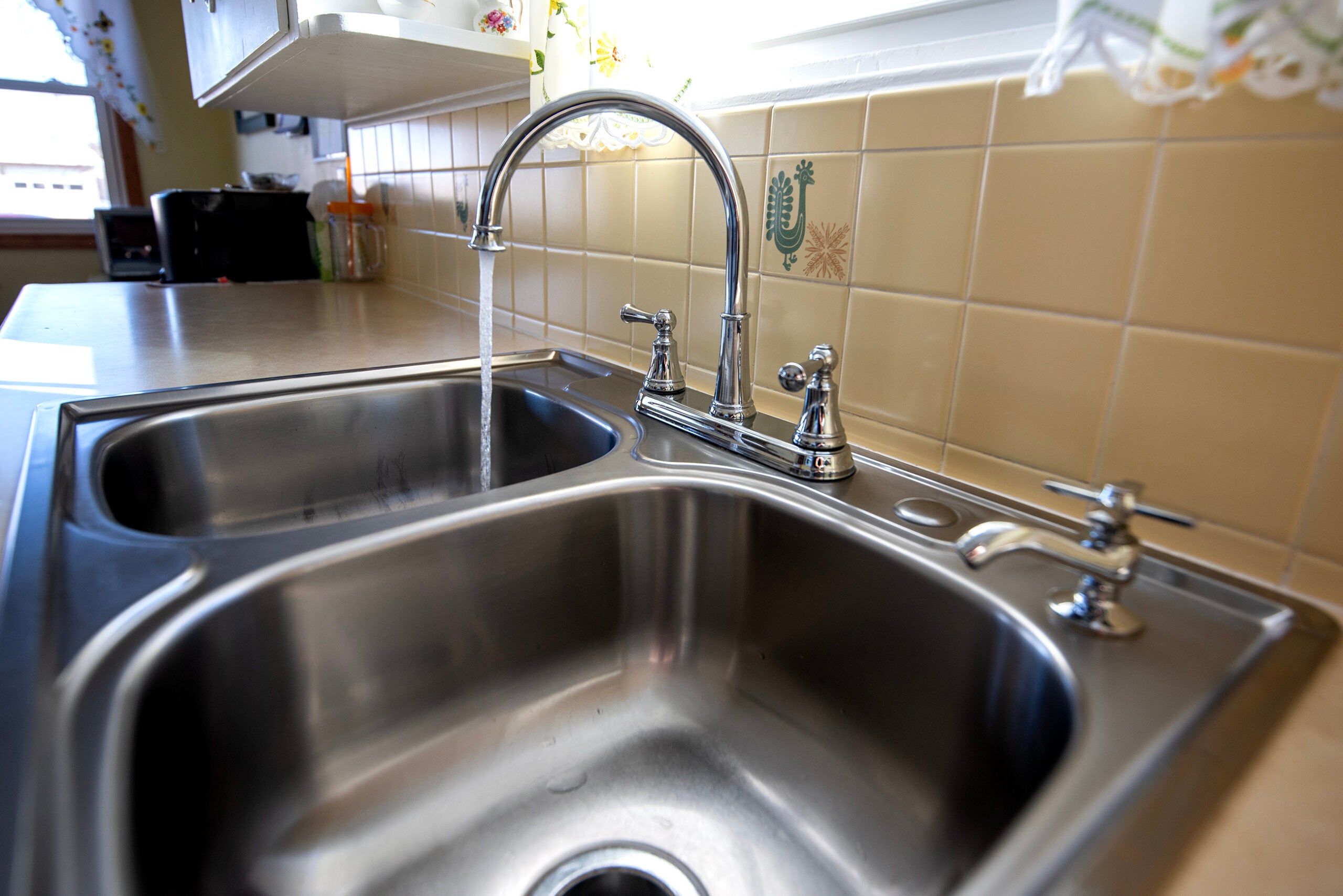The litigation arm of Wisconsin’s largest business group is suing the Wisconsin Department of Natural Resources on behalf of small business owners who are being forced to clean up contamination that they didn’t cause.
The WMC Litigation Center, a nonprofit firm affiliated with Wisconsin Manufacturers and Commerce, filed the lawsuit Wednesday in Jefferson County Circuit Court against the DNR, its policymaking board, and the Wisconsin Department of Justice.
The nonprofit law firm is suing on behalf of Kenosha business owners Ralph and Mary Ruffolo. The Pleasant Prairie couple owns a bike and skateboard shop in Kenosha, and they hoped to sell the property so they can retire. However, the complaint states a study of the site discovered environmental contamination from petroleum and other compounds, possibly from a gas station that operated on the property a half-century ago. The DNR told the couple it was responsible for cleaning up pollution at the site, which has already cost them about $67,000.
News with a little more humanity
WPR’s “Wisconsin Today” newsletter keeps you connected to the state you love without feeling overwhelmed. No paywall. No agenda. No corporate filter.
Scott Rosenow, the center’s executive director, said they’re challenging the DNR’s order to clean up contamination under the state’s Spills Law.
“Our argument, in a nutshell, is that it’s basically fundamentally unfair and irrational and arbitrary to require someone to pay to clean up contamination that didn’t cause and didn’t even know about, simply because they happen to own the property that’s contaminated,” Rosenow said.
A DNR spokesperson said the agency doesn’t comment on pending litigation.
According to the complaint, a prospective buyer and their financial lender requested an environmental assessment when the couple sought to sell the property. An initial phase of that study found the site was formerly a gas station that ceased operation around 1962. The Ruffolos bought the property more than two decades later in 1986 when it was being used as a lawn and garden shop.
Soil samples collected during the second phase of the environmental assessment revealed the presence of petroleum compounds that indicated underground storage tanks contained gasoline or diesel fuel. Samples also showed the presence of a chemical called trichloroethene that’s been commonly used as a metal cleaner or degreaser by industry.
Now, Rosenow argues the couple is facing $100,000 or more to clean up contaminated soil and groundwater at the site.
Tony Wilkin Gibart, executive director for Midwest Environmental Advocates, said the best option as a matter of policy is to hold the person who caused the contamination responsible for cleaning it up. When that’s not possible, either the person who owns the property or taxpayers are on the hook for addressing pollution or the contamination is left unaddressed.
“The Spills Law, which was passed by the Legislature in 1978, is a bedrock environmental health protection,” Wilkin Gibart said. “And in passing the Spills Law, the Legislature chose the first option that the person with the financial interest in the property is primarily responsible for cleaning it up.”
Wilkin Gibart argued WMC’s lawsuit is part of a broader pattern in which the business group has gone to the courts to undermine the legal foundation of the Spills Law. WMC has previously sued the DNR over its efforts to force an Oconomowoc-based dry cleaner to investigate and clean up PFAS contamination under the law.
“WMC is asking the courts to, again, leave Wisconsinites without good options to ensure that toxic substances do not spread and affect the health of the people and the communities that live nearby,” Wilkin Gibart said.
The center is asking a court to find that the state’s Spills Law doesn’t impose liability for innocent landowners to clean up contamination just because they own the property. If the court finds such landowners are liable, Rosenow said they want the court to declare the law is unconstitutional for violating the couple’s rights to due process. The law firm is also asking a court to prevent the DNR from forcing any person to clean up pollution under the Spills Law based on ownership of a contaminated site alone. The lawsuit is also seeking damages and attorney’s fees.
WMC disputes prior Supreme Court ruling on the law
Rosenow said the Wisconsin Supreme Court found the Spills Law does require a person to pay to clean up contamination if they own that property. The ruling was part of a 1985 case known as the State v. Mauthe. The court essentially found that owning the contaminated land constitutes possession of substances released under the law even if landowners were unaware of their existence.
Rosenow said that’s an unusual interpretation of possession, saying other courts have required knowledge or control of the pollution. He likened the situation to someone buying a house who was unaware the previous owner was a drug dealer that buried drugs in the backyard.
“If you buy that house and move in, are you now in possession of illegal drugs? Can you go to prison for that just because you own the land where the drugs are buried? I think anyone on the street would say, ‘No, of course not,’” Rosenow said.
Alternatively, Rosenow said the Legislature could step in to resolve the situation, noting previous proposals that have been put forward haven’t advanced. He said the state could also devote more funding to clean up environmental contamination. The complaint cited a University of Wisconsin-Whitewater study that found the state’s investment of $121.4 million to clean up and reuse brownfield sites recouped $1.77 billion in state revenues generated by business owners of those properties.
“The Legislature could choose to allocate that kind of funding so that Wisconsin communities are safe, but they haven’t done that,” Wilkin Gibart said.
Wilkin Gibart argued WMC could work with the Legislature to allocate sufficient funding to clean up contaminated sites.
“It certainly is reasonable to say that the taxpayers should help landowners out in these kinds of situations, and that is a matter for the Legislature,” Wilkin Gibart said. “In my view, it’s not reasonable to say no one is responsible, and therefore we’re going to allow the problem to persist and affect truly innocent people.”
Rosenow said he’s not arguing taxpayers should be on the hook for funding clean up of polluted sites. He said those responsible for pollution should address it. In instances where a responsible party doesn’t exist, the public would have to foot the bill. As it stands now, Rosenow argues the DNR can target property owners rather than those responsible for pollution.
“My clients and I agree that cleaning up pollution is imperative. Pollution is a public health problem, and that’s why I think it’s justified in having public tax dollars spent on cleaning up,” Rosenow said. “I think that this lawsuit, if it succeeds, will result in more contamination getting cleaned up — not less.”
Wisconsin Public Radio, © Copyright 2025, Board of Regents of the University of Wisconsin System and Wisconsin Educational Communications Board.






